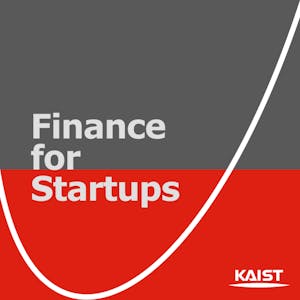Finance for Startups is a comprehensive course designed to equip entrepreneurs and aspiring business owners with fundamental financial knowledge crucial for the success of startups. This course covers a range of topics, including reading and understanding financial statements, financial planning, company valuation, and funding strategies. Through a practical approach, students will gain the necessary skills to directly apply their knowledge to real startup operations. The course aims to empower participants with the ability to confidently engage in financial discussions and decisions, effectively bridging the gap between entrepreneurship and finance.
The course is structured into four modules, each delving into specific aspects of finance for startups. Participants will learn to interpret balance sheets, income statements, and cash flow statements. Additionally, they will explore financial planning, funding methods, venture capital terms, and valuation techniques. Throughout the course, students will receive valuable insights to enable them to understand and communicate in the "language of finance," fostering greater confidence when interacting with finance professionals.
Certificate Available ✔
Get Started / More Info
Finance for Startups comprises four modules that cover fundamental financial knowledge necessary for successful startup ventures. Participants will learn to interpret financial statements, practice financial planning, explore funding strategies, and understand company valuation and venture capital terms.
Module 1: Balance sheet and Income statement
Module 2: Cash flow statement and financial ratios
Module 3: Financial planning and funding
Module 4: VC term sheet and valuation
This specialization provides an introduction to corporate finance and accounting, covering concepts like time value of money, risk-return tradeoff, asset valuation,...
Advanced Trading Algorithms is a comprehensive course that teaches scientific back testing methods and strategies for developed and emerging markets.
Investment Banking: M&A and Initial Public Offerings course provides practical applications of financial analysis and valuation techniques used in investment...
This course equips you with the skills to calculate WACC, invested capital, financing charges, NOPAT, and EVA using financial statements.